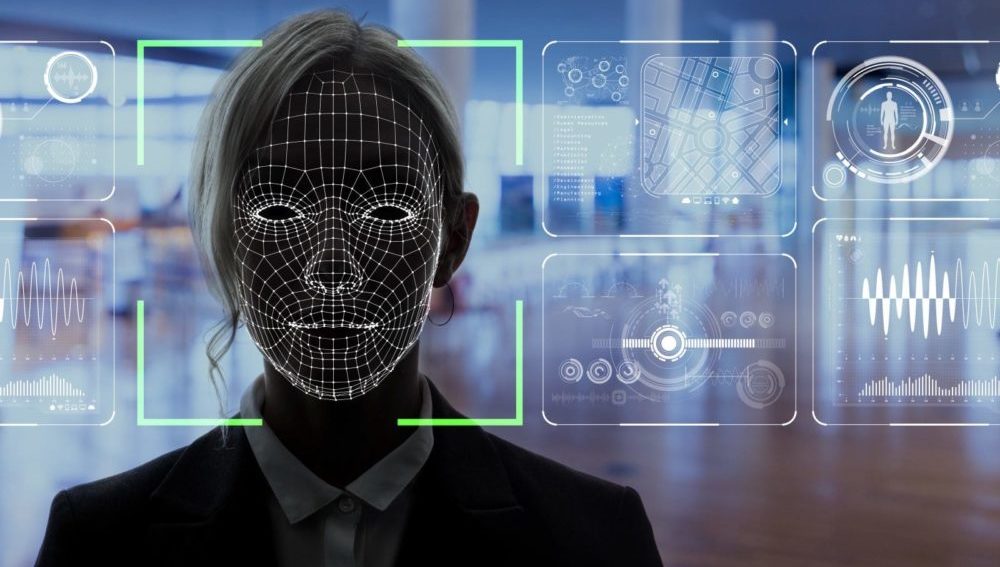
Govt to Implement Facial Recognition System This Year
The government is moving forward with plans to implement a facial recognition system within the year, aiming to enhance national security, streamline administrative operations, and improve public service delivery. The initiative, which has been under discussion for several years, marks a significant step in the country’s digital transformation agenda and raises both expectations and concerns among citizens, technology experts, and civil rights advocates.
How Facial Recognition Technology Works
Facial recognition technology involves identifying or verifying a person’s identity using their facial features. It works by capturing an image of a face, analyzing specific features such as the distance between the eyes, the shape of the jaw, and other facial landmarks, and matching it against a database of known images. The technology has seen rapid development in recent years, becoming more accurate and efficient thanks to advances in artificial intelligence and machine learning.
Planned Applications and Benefits
Government officials have stated that the system will be used for a range of applications. These include border control, law enforcement, airport security, and even access to certain public services. For example, facial recognition could be used to verify the identity of individuals applying for government benefits, thereby reducing fraud and administrative errors. Law enforcement agencies may use it to identify suspects in criminal investigations or to locate missing persons by scanning public surveillance footage.
Implementation Strategy
The project is expected to be rolled out in phases. In the initial stage, the technology will likely be introduced at major transportation hubs such as airports and railway stations. Subsequent phases may include integration with CCTV systems in public places, official government buildings, and public service kiosks. Pilot programs are already underway in select locations to test the system’s efficiency, accuracy, and integration with existing infrastructure.
Concerns Over Privacy and Accuracy
The implementation of such technology, however, is not without controversy. Civil liberties groups and privacy advocates have raised significant concerns about the potential for misuse and abuse. Critics argue that without robust data protection laws and oversight mechanisms, the technology could lead to mass surveillance, racial profiling, and violations of individual privacy rights. There is also the issue of data security, as large databases containing biometric information could become targets for cyberattacks.
Technical and Ethical Challenges
Another challenge lies in the accuracy and reliability of facial recognition algorithms. While the technology has improved, it is still prone to errors, particularly in identifying individuals from minority groups. These inaccuracies can lead to false positives or negatives, resulting in wrongful detentions or denial of services. Ensuring that the system is free from algorithmic bias and meets international standards of fairness and accountability is a critical concern for stakeholders.
Government Response and Industry Impact
Public trust will play a crucial role in the success of the initiative. To address apprehensions, the government has promised transparency in the rollout process. It plans to engage with experts, hold public consultations, and establish legal frameworks to govern the use of facial recognition systems. Officials have indicated that consent-based use and strict access controls will be fundamental to the operation of the system.
The business sector is also keeping a close watch on developments, as the deployment of facial recognition could open up new opportunities for tech companies and service providers. Domestic and international firms specializing in biometrics, cybersecurity, and data analytics may find themselves at the forefront of government contracts and collaborations. This could spur innovation and create jobs, but it also raises questions about vendor accountability and the need for stringent procurement standards.







